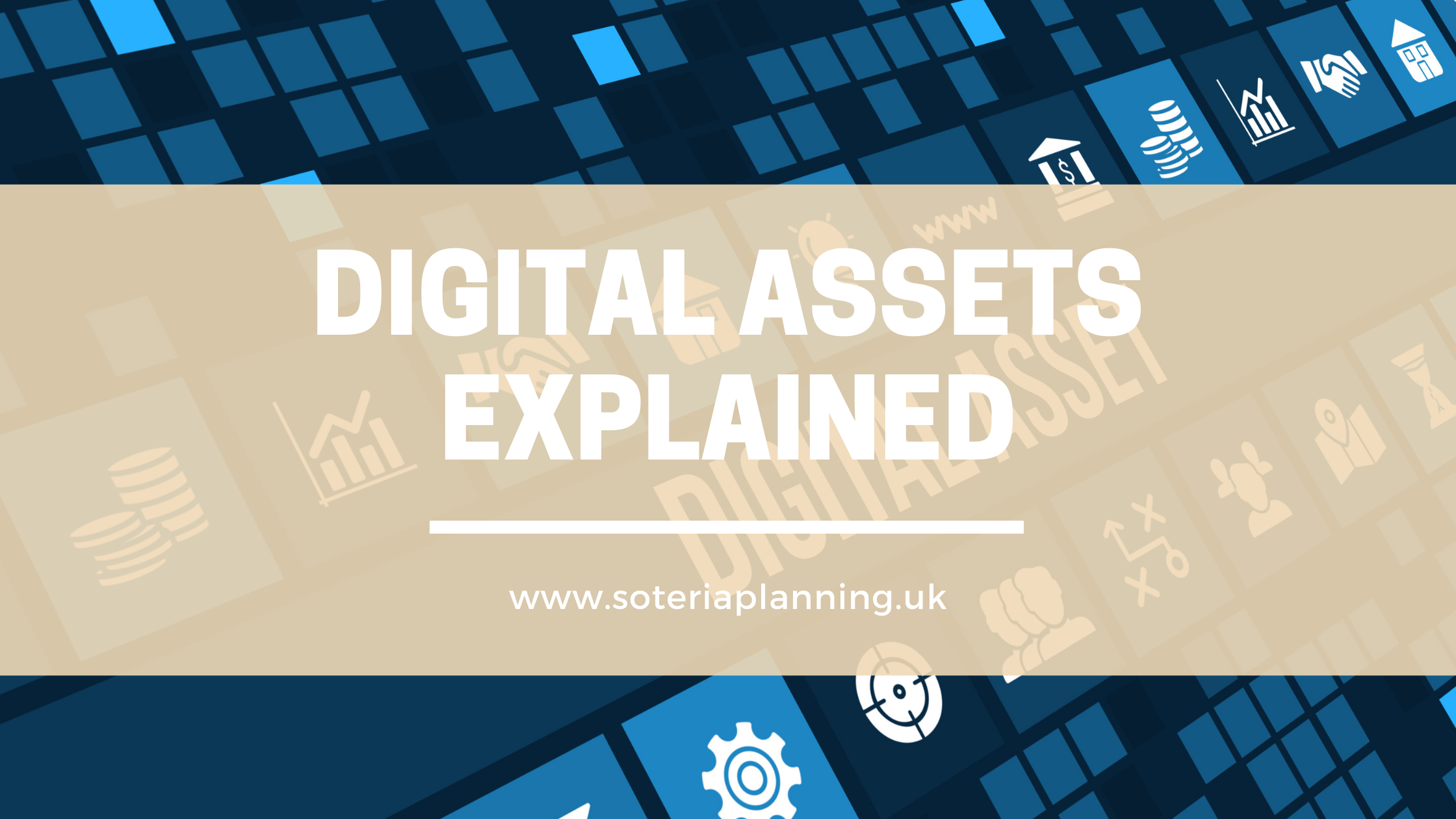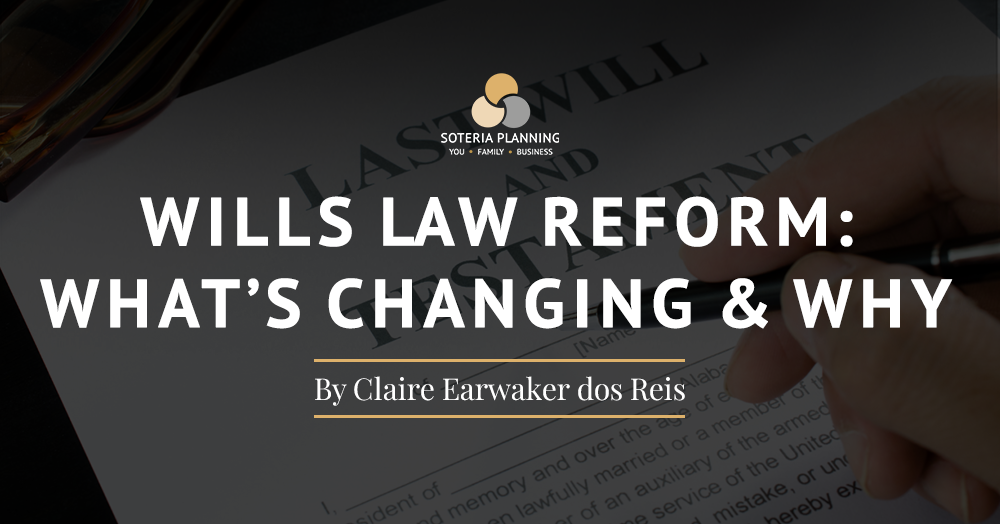This is part two in a series of three articles around the subject of digital assets. As an estate pl...
This is part two in a series of three articles around the subject of digital assets. As an estate planning firm, Soteria Planning are responsible for helping clients to protect, preserve and pass on their assets to the chosen beneficiaries of the testator (the person making the Will).
As such, we need to know about all of the assets we are helping to protect and in some instances clients do not know that the possessions or accounts they have constitute a digital asset.
In article two of this mini series, we are addressing what constitutes a digital asset in more detail and will be sharing some tips to help you with your estate planning.
Firstly, and if you haven’t read our first article, use the link below to catch up: https://soteriaplanning.uk/digital-assets-what-you-need-to-know-when-thinking-about-wills/
Now it’s important to familiarise ourselves and to understand the definition of a digital asset:
What is a digital asset?
In its simplest form a digital asset could be defined as any digital material owned by a person or organisation. Such assets could take the form of photographs, videos, text files, spreadsheets, social media accounts, gambling accounts, crypto wallets, Non-fungible tokens etc.
We will now explain these in more detail and share how these can be passed on:
Photographs and Videos
For many people, their photos and videos are kept or hosted on their social media accounts. Accounts like Facebook, Instagram and TikTok represent the main places where their memories are held.
Others have online vaults, or cloud-based storage to house their collection. Start to think about how this can be accessed by your loved ones. Does the provider have any solutions or built in succession tools?
A good way to pass on these assets is to have them stored on external hard drives or to provide details of how to access them in a letter of wishes which goes with your Will to your executors.
Spreadsheets
A spreadsheet is an effective way of passing passwords to loved ones but it’s not the most secure way of passing on these private details. If you do have a spreadsheet then ensure it’s encrypted by a password and perhaps provide access of this to loved ones in a letter of wishes.
Social Media accounts
We have briefly addressed social media accounts above but consider this:
Simply leaving the email and password to loved ones doesn’t mean that they will be able to access the accounts. If the deceased/you has/have set up two-factor authentication for these accounts and they’re not able to access your phone or emails, it may mean that they can’t access your accounts.
Solutions like Keylu – an online vault allows you to have trusted contacts who can access secure elements after you’ve gone.
Gambling Accounts
This one is often overlooked. Whilst gambling is often seen as a ‘problem’, lots of people like a little flutter and have money in their gambling accounts. These accounts get ignored and the money never gets drawn in.
Crypto Wallets
With the emergence of crypto currencies and blockchain (which all sound complicated) any transactions create records of purchasers and sellers etc. Much like the contents of a bank account, crypto currencies have a value (which fluctuates according to the markets) but can be included within your Will.
You simply need to ensure that executors know where the wallet is and how to access it. Typically it will be a password and email address again.
Non-fungible Tokens
This is an exciting topic and one which will become more prevalent in the future. For those that don’t know, non-fungible tokens are cryptographic assets on a blockchain with unique identification codes and metadata that distinguish them from each other. Definition from Investopedia.com
Again, these can be included in your Will but because the assets are digital in nature, you’ll need to make provision for passwords etc.
If you have any questions about digital assets and how they can be passed to loved ones, speak to one of our expert advisers.
Soteria Planning have a client-first approach to estate planning and clients will always be provided with best advice. It all starts with a free consultation.



Share this with
Email
Facebook
Messenger
Twitter
Pinterest
LinkedIn
Copy this link